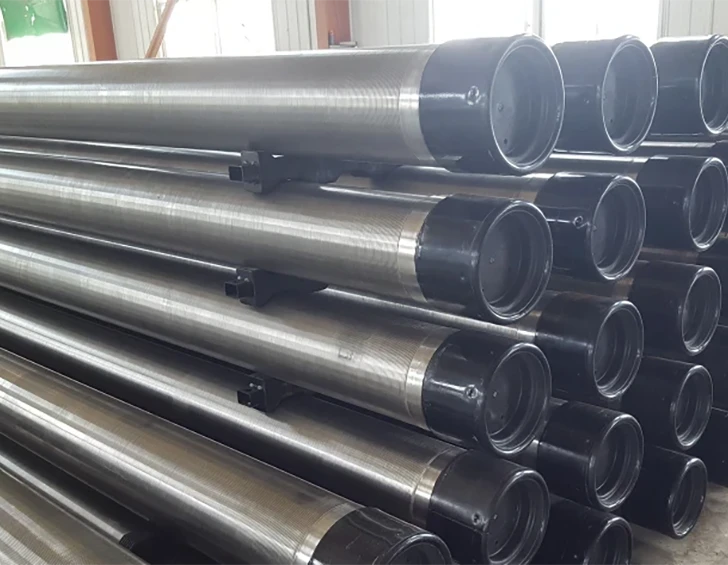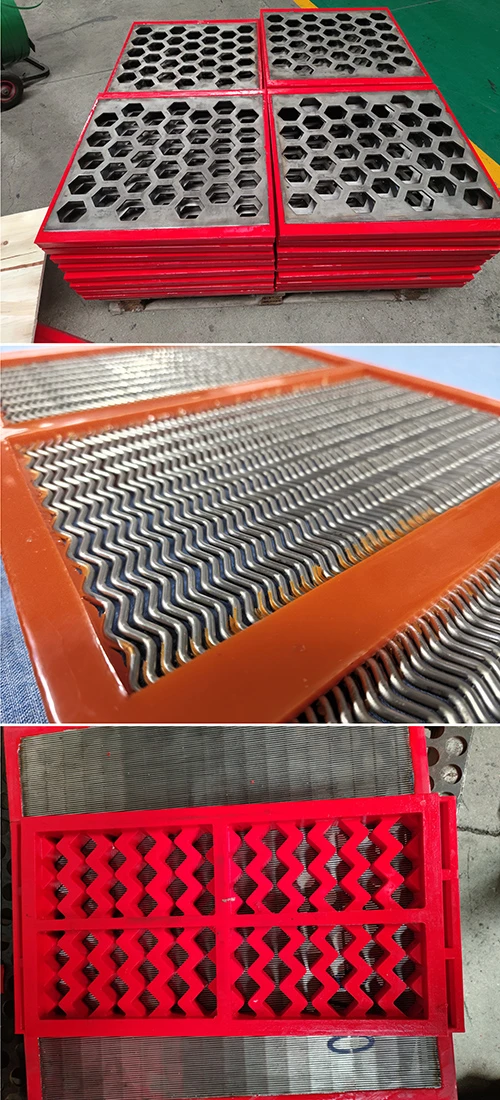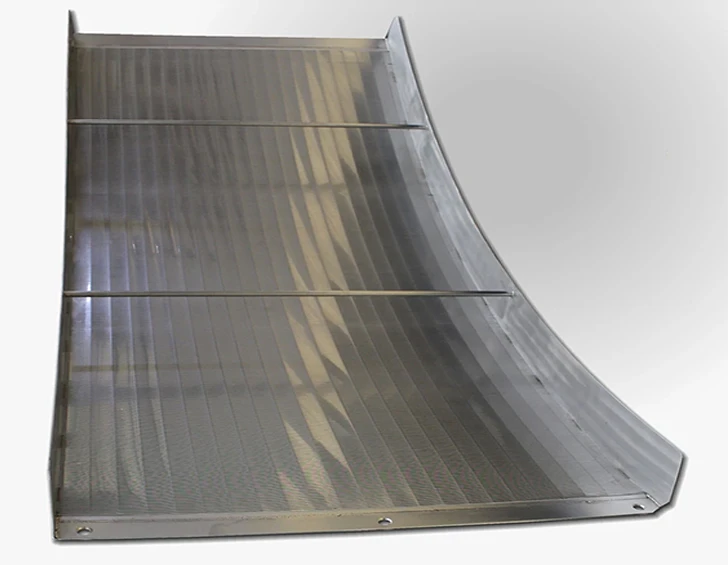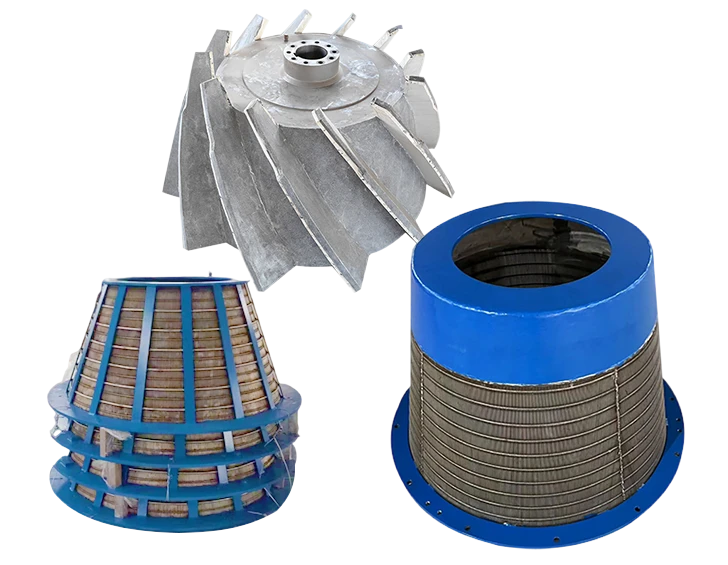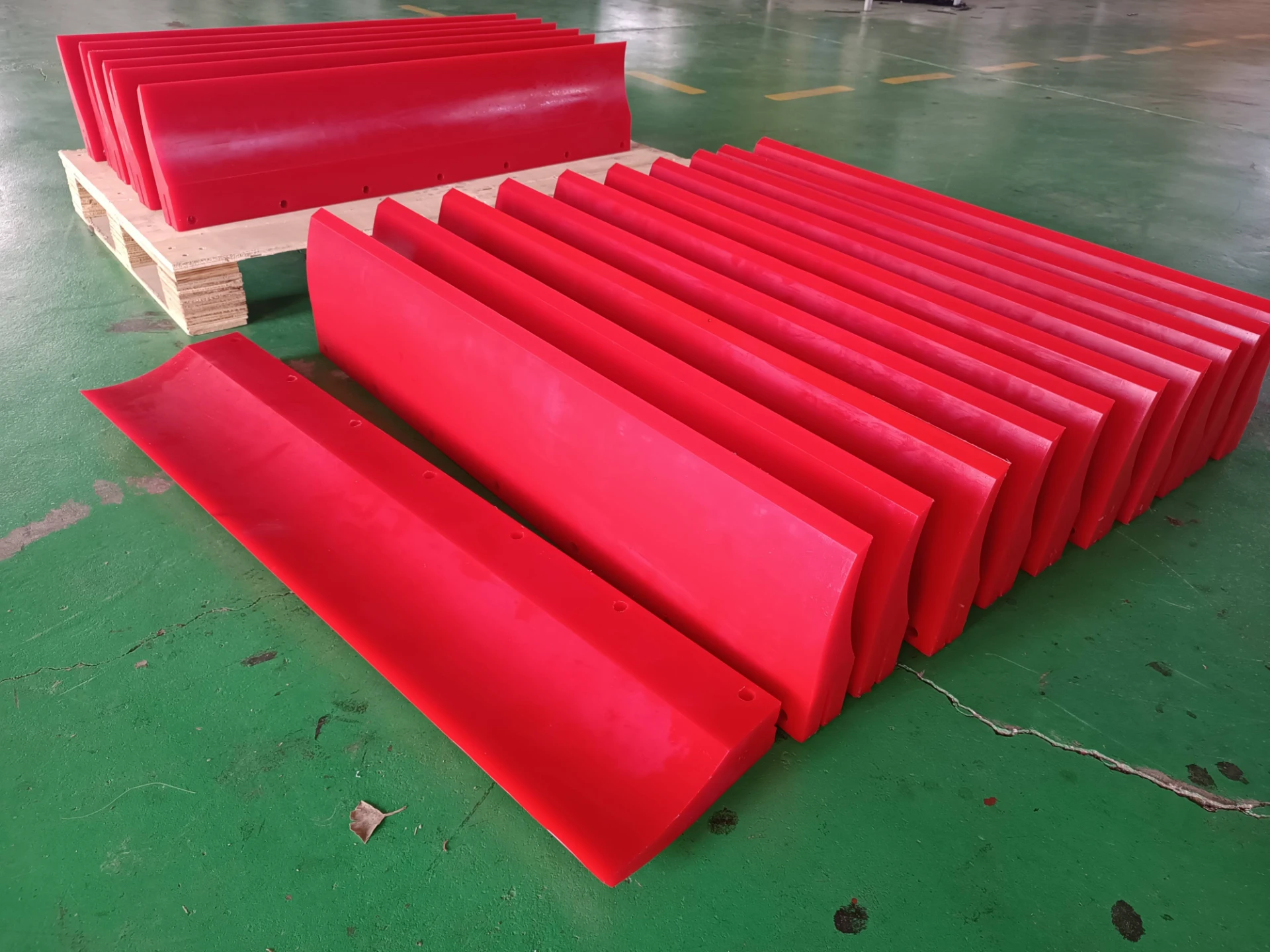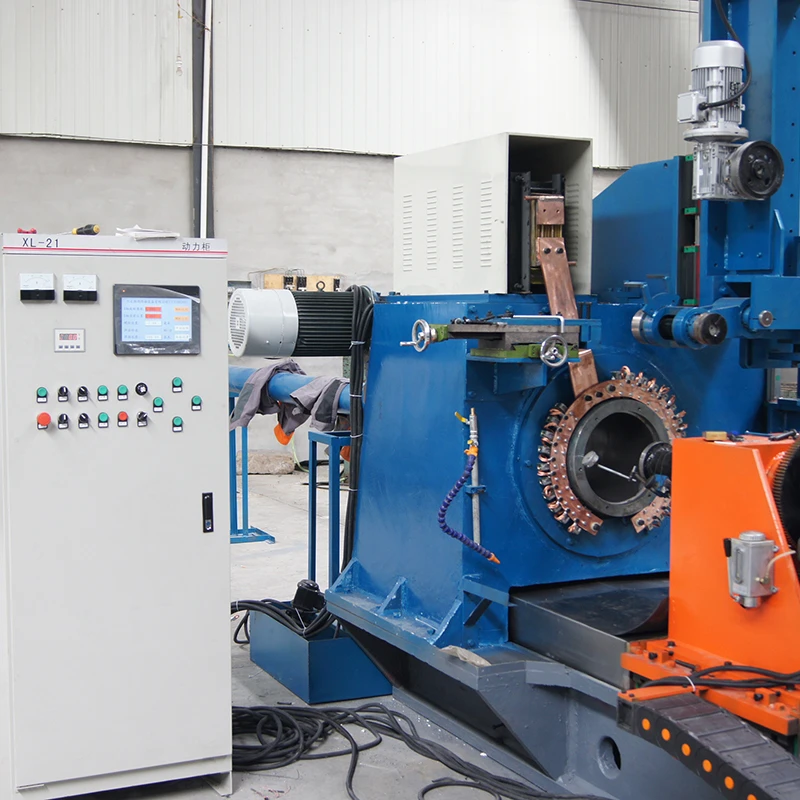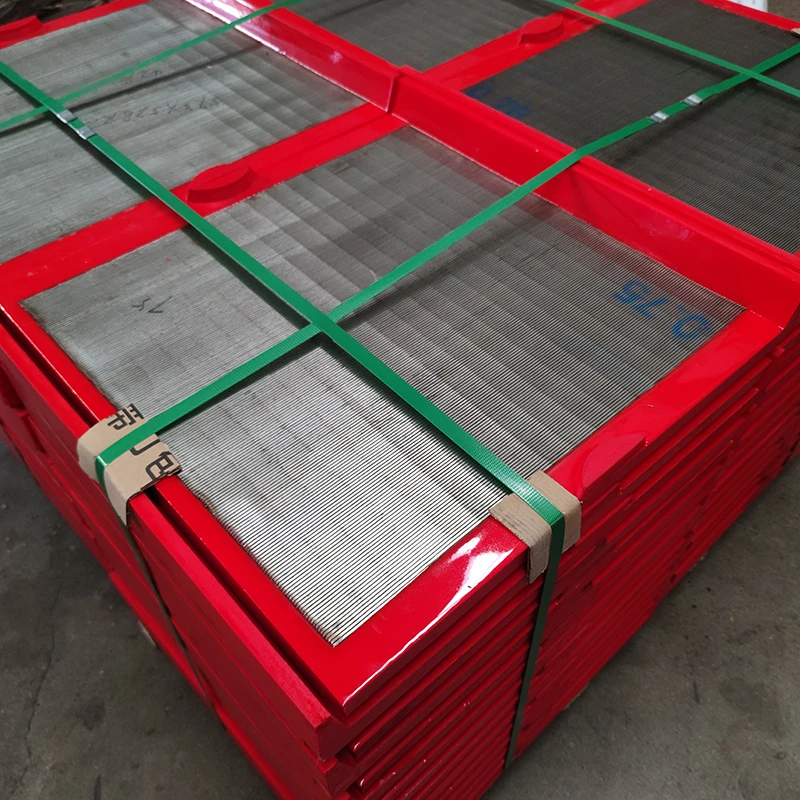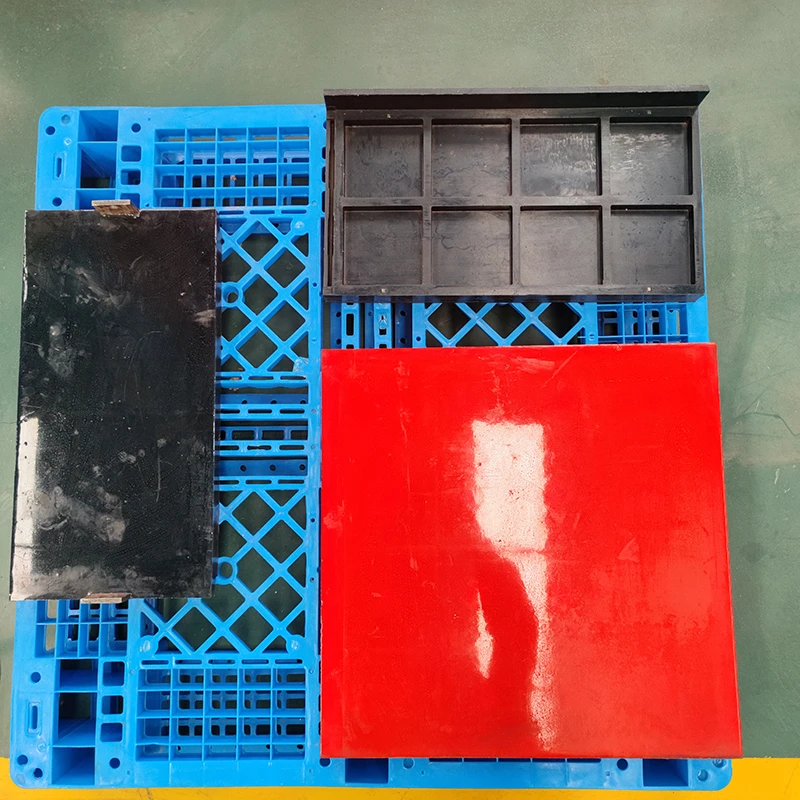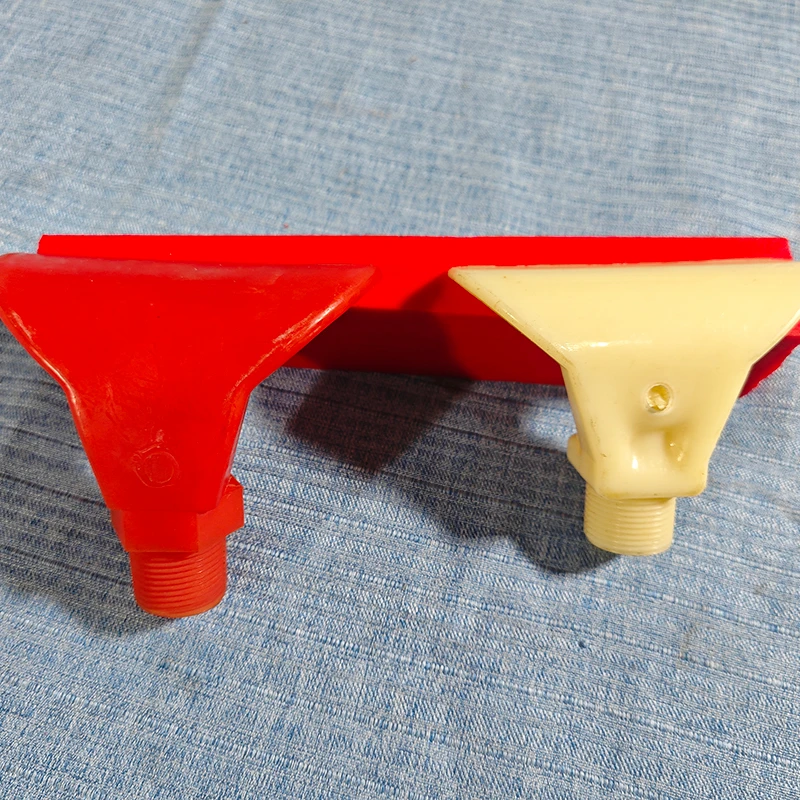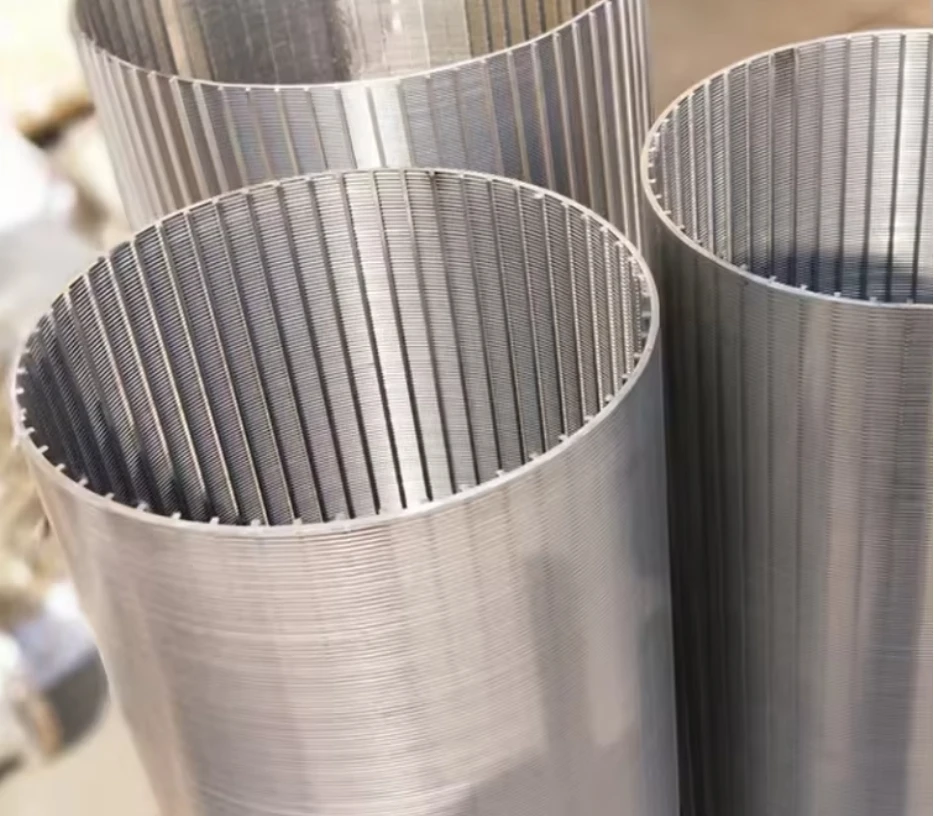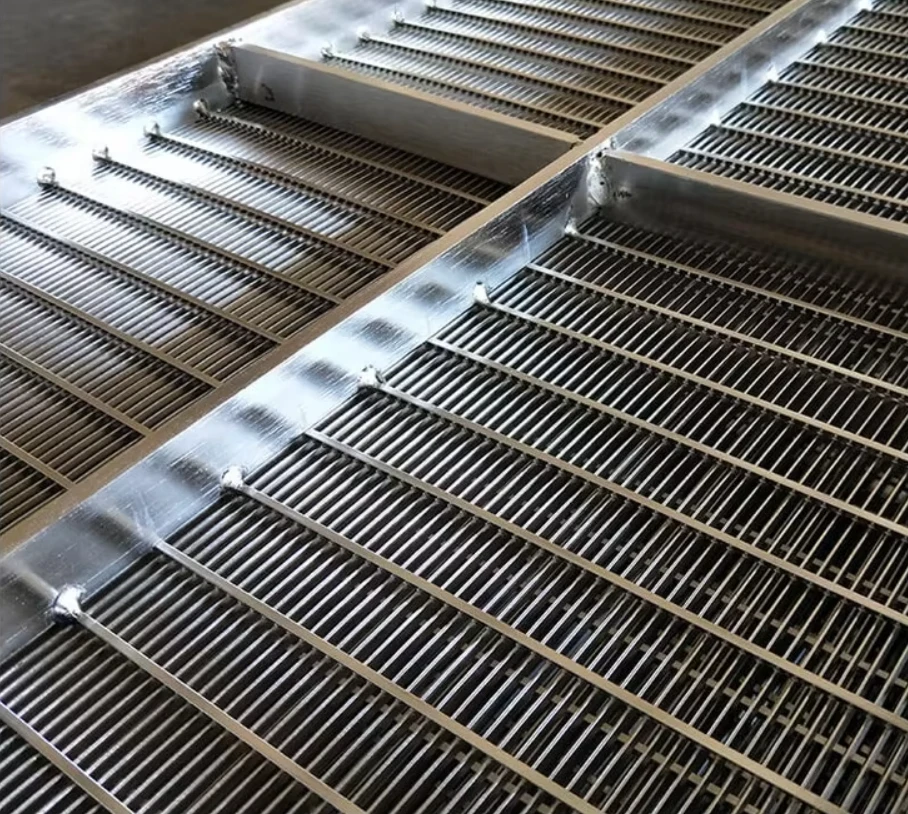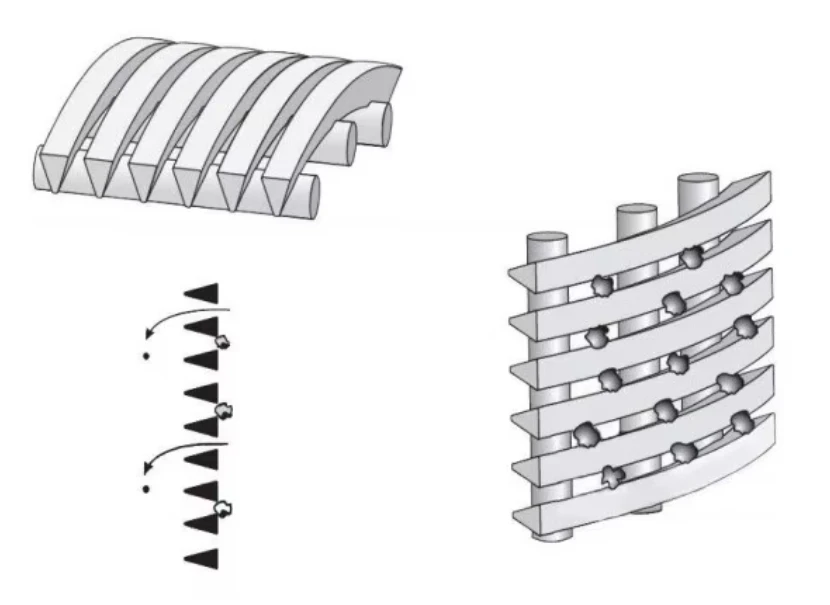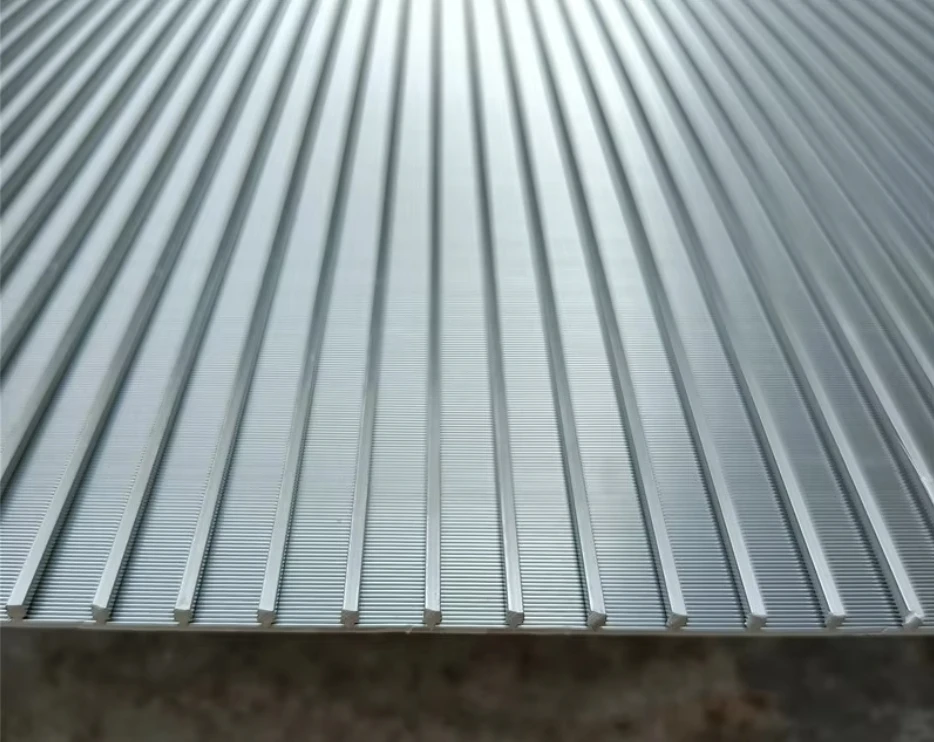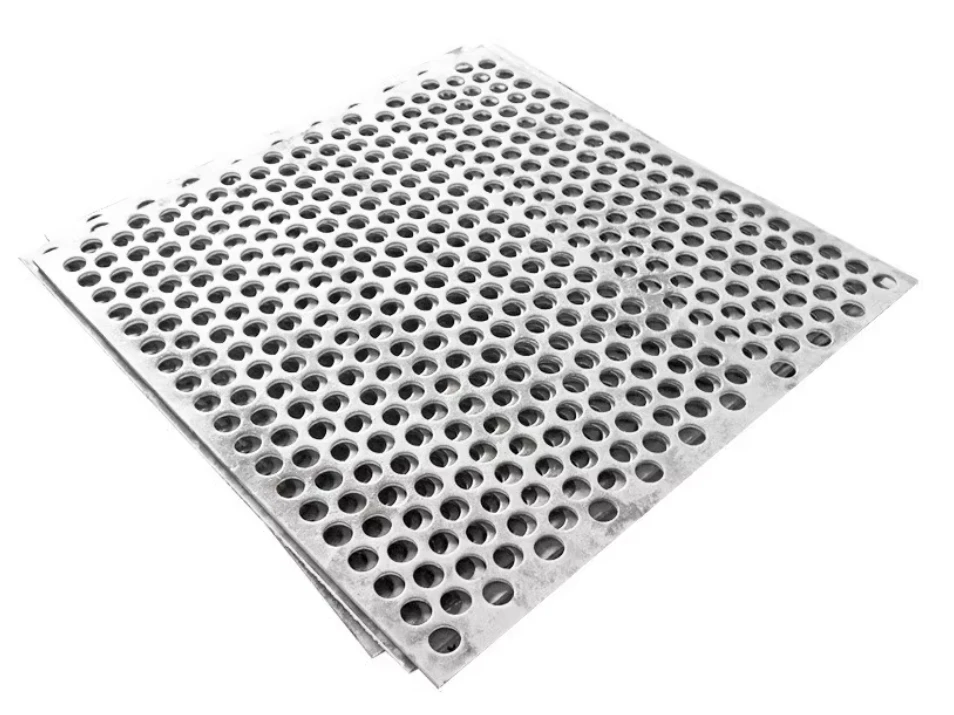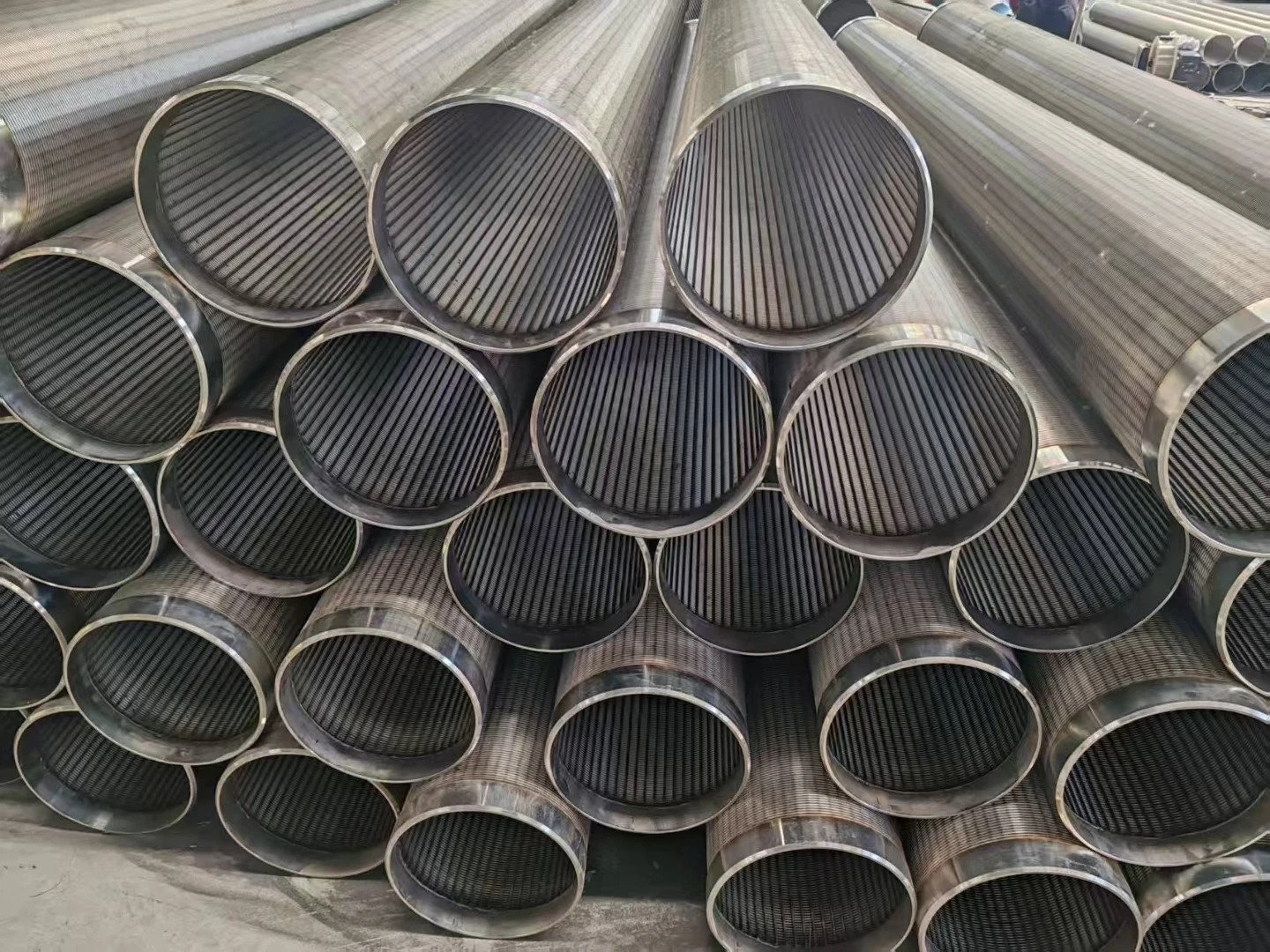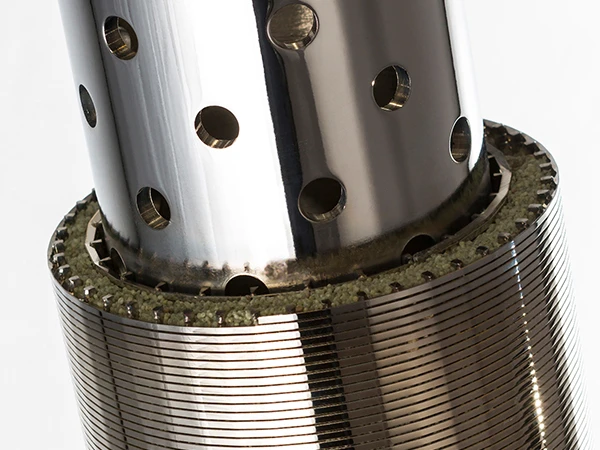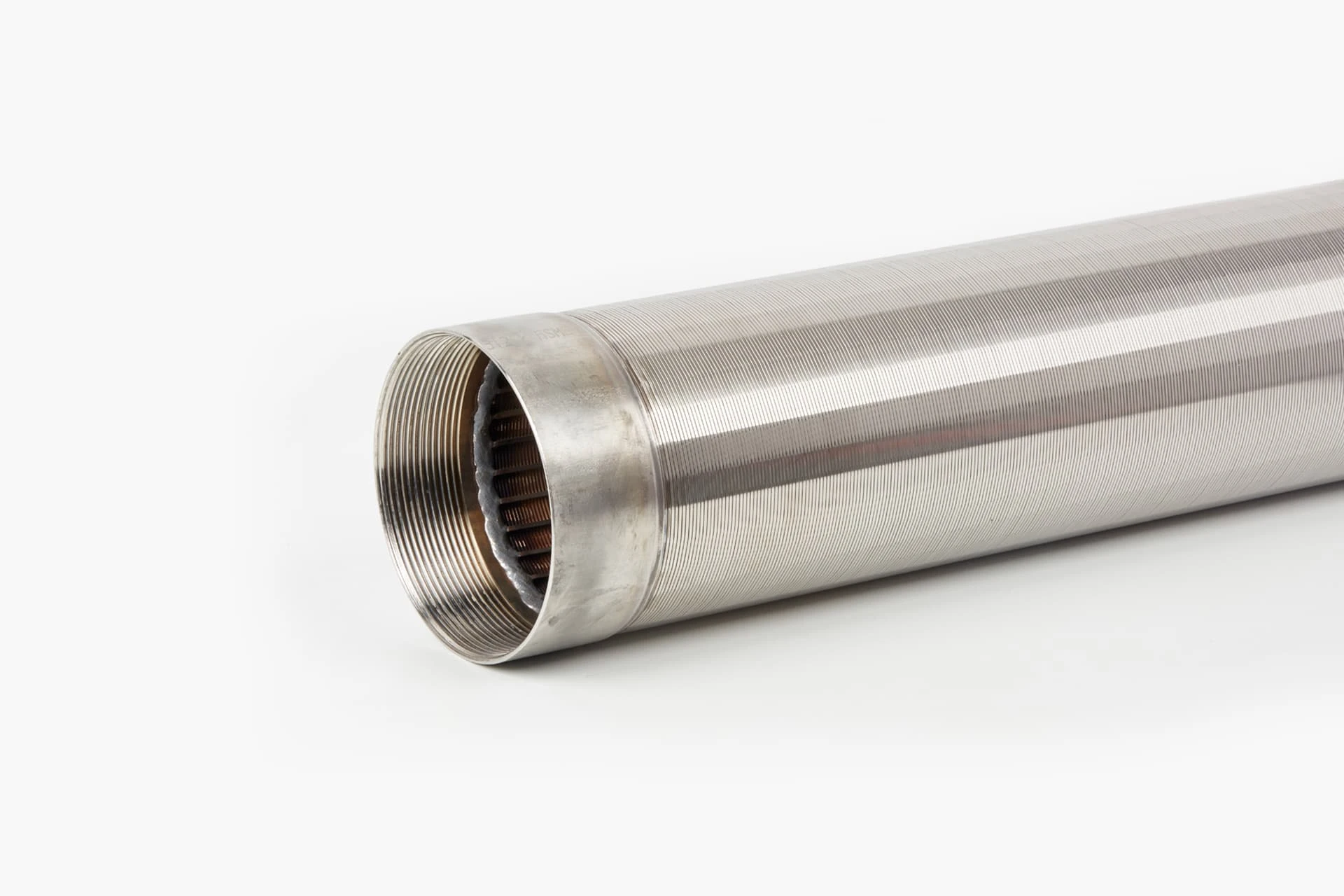Irrigation systems are the backbone of agricultural productivity, ensuring crops receive the water they need to thrive. Among the critical components of these systems, well screens play a pivotal role in maintaining water quality, preventing sediment intrusion, and ensuring long-term sustainability. As a leading global supplier of well screen for sale, our products are trusted by farmers and agricultural engineers in over 40 countries, spanning Asia, Europe, Africa, South America, North America, and Oceania. This article explores how well screen pipe technology and water well screen solutions revolutionize irrigation practices, offering tailored designs to meet diverse agricultural demands.
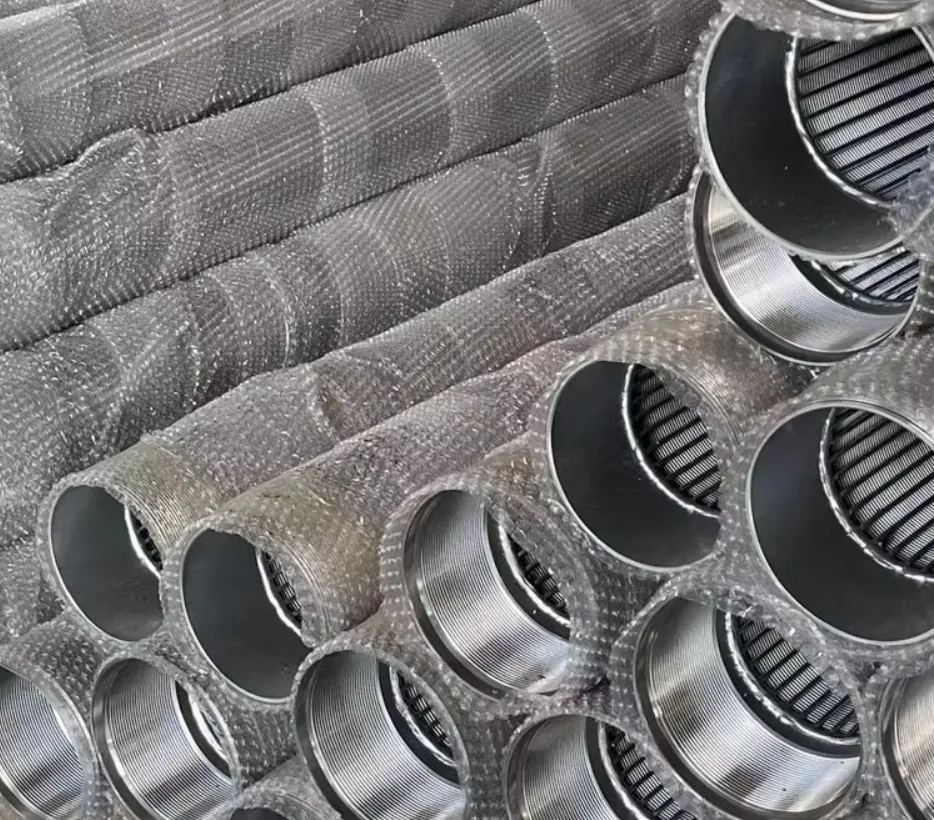
Well Screens for Sale: Optimizing Water Quality in Irrigation
A primary challenge in agricultural irrigation is ensuring that water extracted from wells is free of debris, sand, and contaminants. Well screens act as filters, allowing water to flow into the well while blocking unwanted particles. For instance, in regions with sandy soils, such as parts of Africa and South America, our water well screen designs incorporate slot sizes calibrated to local geological conditions. This prevents sand from entering the irrigation system, which could otherwise clog pipes, damage pumps, or harm crops. By maintaining clean water flow, farmers reduce maintenance costs and extend the lifespan of their equipment.
Our well screen pipe solutions are crafted from corrosion-resistant materials like stainless steel or PVC, ensuring durability even in harsh environments. In rice paddies across Southeast Asia, where water salinity is a concern, our screens resist chemical degradation, preserving water quality season after season. Additionally, customizable slot patterns enable farmers to adapt to varying water table depths, a feature particularly valuable in drought-prone regions like Australia. By investing in high-quality well screens for sale, agricultural operations achieve consistent water access, directly boosting crop yields and farm profitability.
Well Screen Pipe Technology: Durability for Long-Term Agricultural Use
The longevity of irrigation infrastructure hinges on the robustness of its components. Well screen pipe systems are engineered to withstand physical stress, chemical exposure, and environmental fluctuations. In North America’s vast cornfields, where irrigation systems operate year-round, our screens endure high-pressure water flow without deformation. The modular design allows easy installation and replacement, minimizing downtime during critical growing seasons.
In regions with hard water, mineral deposits can accumulate in traditional screens, reducing efficiency over time. However, our water well screen products feature anti-clogging technologies, such as continuous slot designs, which resist scaling. For example, vineyards in Southern Europe benefit from this innovation, as uninterrupted water flow ensures precise irrigation for delicate grapevines. Furthermore, the lightweight yet sturdy construction of our well screen pipe solutions reduces transportation costs, making them accessible to small-scale farmers in remote areas. By prioritizing durability, we empower agricultural communities to build resilient irrigation systems that withstand decades of use.
Water Well Screen Solutions: Preventing Clogging in Farming Systems
Clogged screens are a common issue in irrigation, leading to reduced water output and increased energy consumption. Our water well screen designs address this challenge through advanced engineering. In regions like Sub-Saharan Africa, where manual cleaning is labor-intensive, our screens utilize self-cleaning mechanisms. For instance, helical wire-wound structures create turbulent water flow, naturally dislodging sediment without human intervention. This innovation is transformative for communities relying on solar-powered pumps, as it maximizes water output while conserving energy.
Similarly, in flood-prone areas of South Asia, our well screen pipe systems incorporate dual-layer filtration. The outer layer blocks larger debris like leaves and pebbles, while the inner layer filters fine silt. This dual protection ensures that irrigation systems remain functional during monsoon seasons, safeguarding crops like wheat and rice. By integrating these solutions, farmers avoid costly system failures and maintain optimal water delivery to their fields.
Choosing the Right Well Screen for Sustainable Irrigation Practices
Selecting the appropriate well screen for sale requires understanding local environmental conditions and crop requirements. For example, in arid regions like the Middle East, screens with high flow rates are essential to maximize limited water resources. Our team collaborates with farmers to design well screen pipe configurations that balance filtration efficiency with water volume needs. In contrast, tropical regions with abundant rainfall may prioritize corrosion resistance, as seen in our stainless-steel models deployed in Southeast Asian palm oil plantations.
Sustainability is another critical factor. Our water well screen products are recyclable, aligning with global efforts to reduce agricultural waste. Additionally, precision manufacturing minimizes material usage without compromising strength, reducing the carbon footprint of production. By adopting these solutions, farmers contribute to environmentally responsible practices while achieving economic gains.
How Well Screens Improve Irrigation Water Systems: FAQs
What makes a well screen suitable for sandy soil irrigation?
A well screen designed for sandy soils typically features narrow slot sizes to block fine particles while allowing water to pass through. Materials like stainless steel or coated PVC enhance durability against abrasion, ensuring long-term performance in challenging environments.
How does a well screen pipe prevent pump damage?
By filtering out debris and sediment, well screen pipe systems protect pumps from clogging and mechanical wear. This reduces maintenance frequency and extends the pump’s operational life, saving farmers time and repair costs.
Can water well screens be customized for different crops?
Yes. Water well screen designs can be tailored to match the water quality needs of specific crops. For example, screens for drought-resistant crops like sorghum may prioritize high flow rates, while those for water-sensitive plants like strawberries focus on ultra-fine filtration.
Are well screens easy to install in existing irrigation systems?
Most well screens for sale are designed for compatibility with standard irrigation setups. Modular components and adjustable lengths simplify installation, allowing farmers to upgrade their systems without major overhauls.
How do well screens contribute to water conservation?
By preventing clogging and optimizing water flow, well screens reduce waste and ensure efficient usage. This is particularly vital in regions facing water scarcity, where every drop counts toward sustaining agricultural productivity.
For over a decade, our well screens have supported farmers worldwide in achieving reliable, efficient irrigation. With a presence in 40+ countries, we deliver solutions tailored to your local needs. Explore our range of well screen pipe and water well screen products on our website, and join the global movement toward sustainable agriculture. Contact our team to discover how our expertise can transform your irrigation infrastructure.

